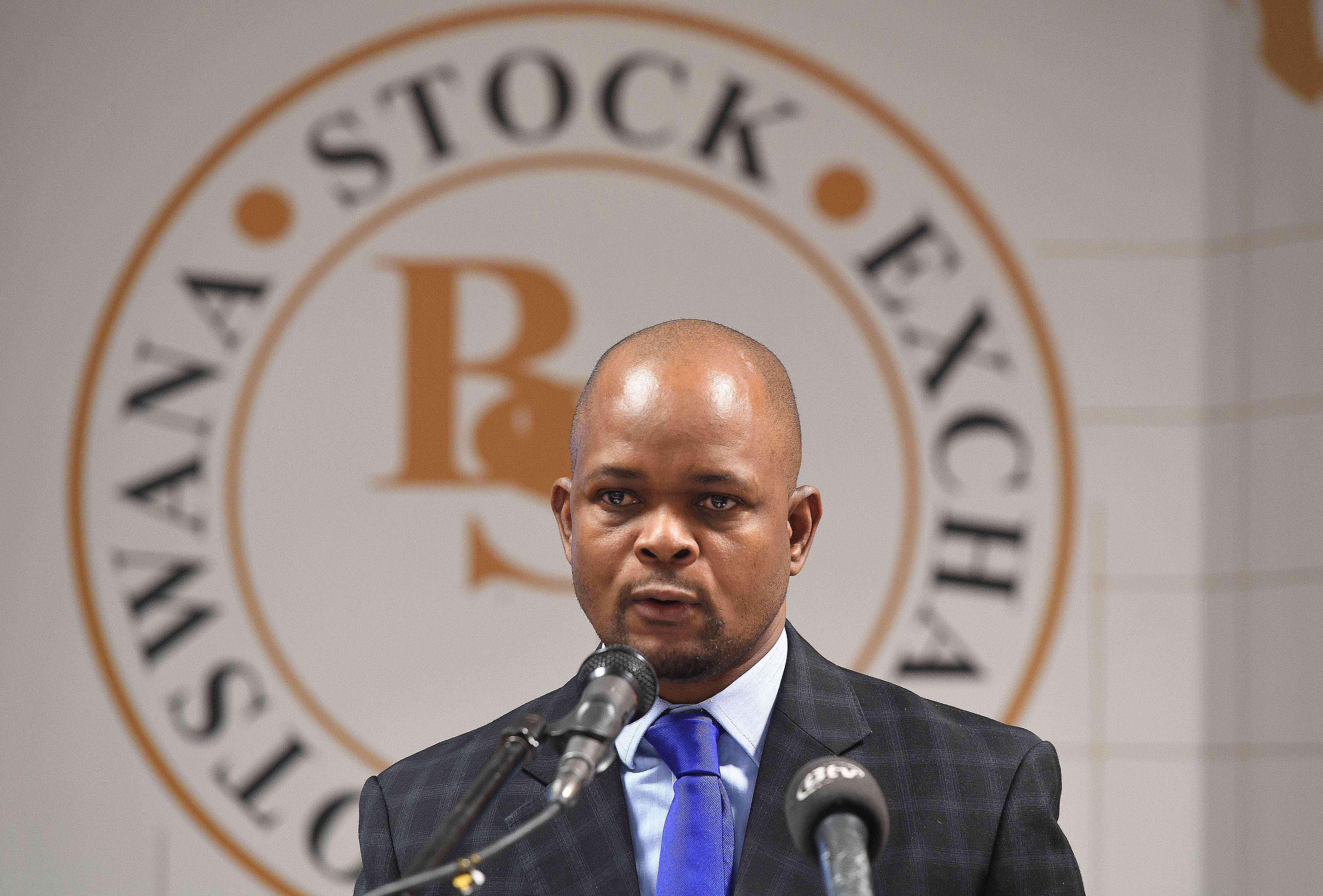Gazette reporter
Chief Executive Officer (CEO) of the Botswana Stock Exchange Limited (BSEL) Thapelo Tsheole has recommended the removal of a 0.60 percent minimum chargeable fee on equity brokers’ commission.
In the capital market language, the ‘minimum chargeable brokers’ fee’ is referred to as ‘Floor’.
The BSEL has recommended for the removal of the floor such that brokerage is negotiable from 0 percent up to 1.85 percent as was the case prior to April 2016. This means that since April 2016, for every transaction on equities on the BSEL, asset managers or investors were expected to pay nothing less than 0.60 percent of the traded value as commission fee to stock brokers. The revision of this policy by the BSEL, means that now brokers can negotiate their commission fees from zero to as high as 1.85 percent.
According to the BSE, asset managers are capable of paying any fees and brokers are free to charge any fees, so without imposing mechanisms in the form of the floor (Minimum commission fee chargeable), it is ideal to allow the broker and the asset manager to negotiate any rate. Further, the BSE believes that the removal of the floor would positively impact overall transaction costs of the funds and stimulate trading activity.
“Increased trading activity directly contributes to more income for brokers. This will avoid situations where brokers are undercutting one another to cannibalise trades. It will also minimise situations where asset managers could potentially seek rebates for the trades they avail to the brokers with lesser broker effort,” the BSE, headed by Tsheole announced.
The BSE said the move will further attract more foreign asset managers who currently view the BSE as expensive.
With reference to the latest FTSE classification published in September 2018, the BSE is rated as having relatively unreasonable and uncompetitive transaction costs and this rating was a result of the introduction of the floor.
With effect from 1st April 2016, the BSE amended the equity brokerage commission to introduce a floor of 0.60 percent (60 basis points). Following the introduction of the floor, asset managers and other investors consulted with the BSE to highlight their concerns regarding the amended brokerage and the process involved in amending it given that the BSE was a mutual organisation with the Main Committee predominantly comprising of brokers.
Subsequently, the BSE convened a meeting with asset managers to discuss the matter. From the BSE standpoint, the concerns about the revised brokerage commission were that introducing the floor effectively raises the cost of trading and presents an opportunity for brokers to undercut one another in a bid to win trades. It had the potential to result in low trading activity in dual listed stocks.

